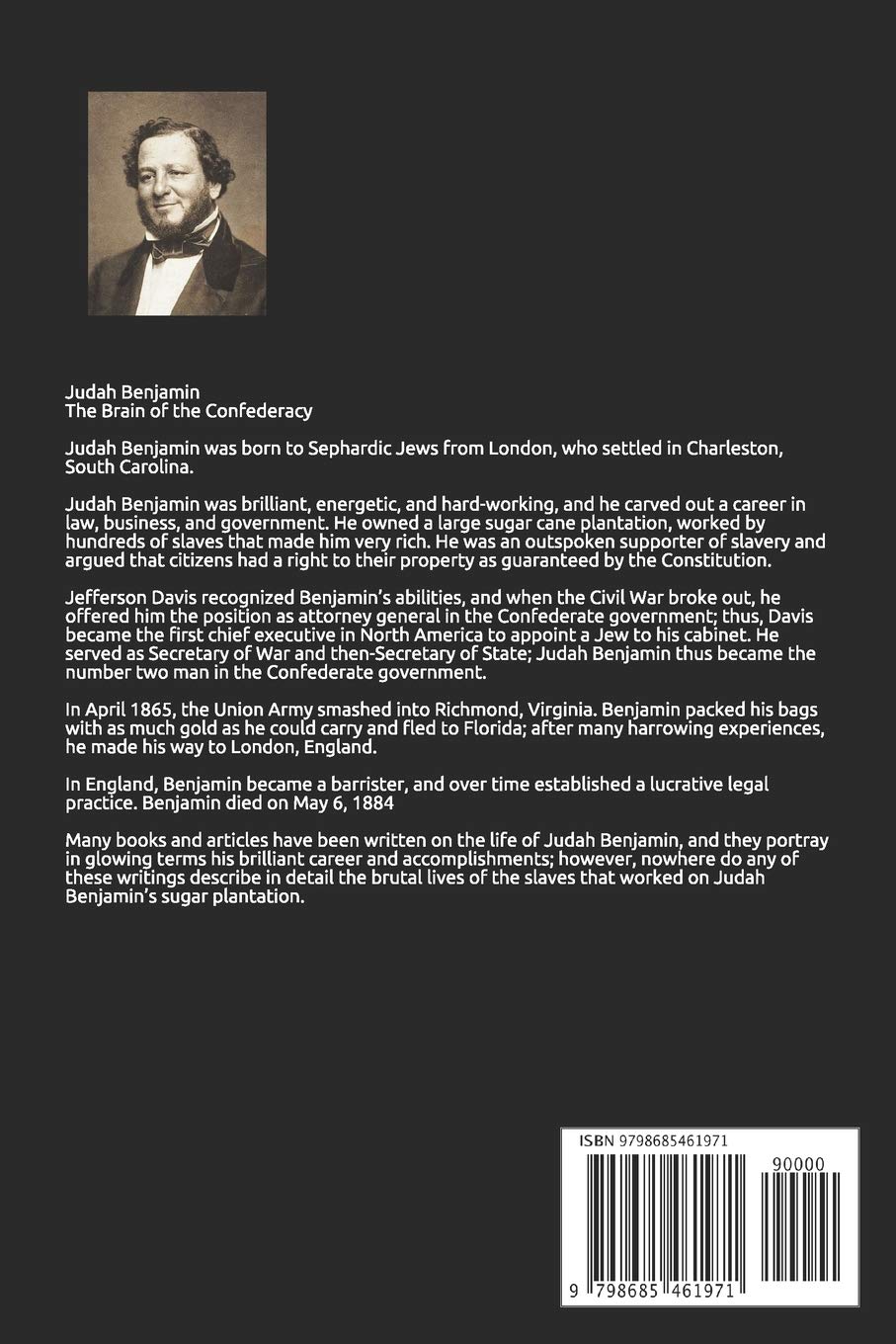


Full description not available
J**S
Concise history of the Slavic slave trade
The book is a concise history of the Slavic slave trade, focusing specifically on the Jewish involvement in slavery in the Polish Lithuanian Commonwealth, Crimea, the Ottoman Empire as well as the African slavery in America and Brazil. The book is a quick read, but carefully explains the historical backdrop which served to create and sustain slavery long before and even after the American civil war. It also offers insight into forces that influenced events such as the 1648–1649 revolt by the Cossacks and Ukrainian peasants, as well as the resultant impact of slavery in eastern Europe and into the Americas.
L**U
ss a Slavic person, I am grateful to the author for writing a book
I am grateful to the author for writing this book. There are forces that want to erase the slavery of Slavic people as if it never existed even tough in length and brutality it far surpassed the North-Atlantic slave trade. The culprits of such have never apologized to us and now are building so-called "New World Order" where once again we have no place.
E**R
A small book with modest aims which are reasonably well met
This booklet is more of a large pamphlet, with very limited goals that are clearly spelled out in the intro. Briefly, it is to document the roles of different Jewish groups with the Slavic (white) and other slave trades that have existed in the last thousand years. This is to serve as a counterpoint to the relentlessly anti-white "black Africans are a uniquely victimized peoples" narrative that the the 1619 Project and other hard-left history revisionists keep pushing.It's not a perfect book - a little bit choppy and repetitive, and could use an editor and maybe a map or two for those not familiar with eastern Europe and the Ottoman Empire, and specific claims are often not tied to specific source materials, and it skips over a lot of related material which might have been useful to cover. That said, it isn't claiming to be a comprehensive scholarly tome, and it does have more than 50 cited sources, and even though I've got a dozen books on my shelves specific to the history of slavery I still learned a few things. All in all, a quick and worthwhile read for those interested in the subject.
M**D
His Conclusion Wasn't My Conclusion
Within the first few pages I realized the author seemed to put the "who is responsible for slavery" onto a group that is not usually mentioned in the history of slavery in America. He would probably agree with that statement. I'm sorry I bought this booklet and plan to make a matching donation to an appropriate organization. My own conclusion is that Jewish people were not the primary beneficiaries from the slave economy in America.
D**B
Not The Book I Expected
David Brion Davis, an emeritus professor of history at Yale University and author of an award-winning trilogy of books about slavery, noted that Jews were one of countless religious and ethnic groups around the world to participate in the slave trade:The participants in the Atlantic slave system included Arabs, Berbers, scores of African ethnic groups, Italians, Portuguese, Spaniards, Dutch, Jews, Germans, Swedes, French, English, Danes, white Americans, Native Americans, and even thousands of New World blacks who had been emancipated or were descended from freed slaves but who then became slaveholding farmers or planters themselves.Davis went on to note that in the American South in 1830 there were “120 Jews among the 45,000 slaveholders owning twenty or more slaves and only twenty Jews among the 12,000 slaveholders owning fifty or more slaves.”The author of this book overstates Jewish involvement in slave ownership.
Trustpilot
3 weeks ago
5 days ago
2 months ago
2 weeks ago